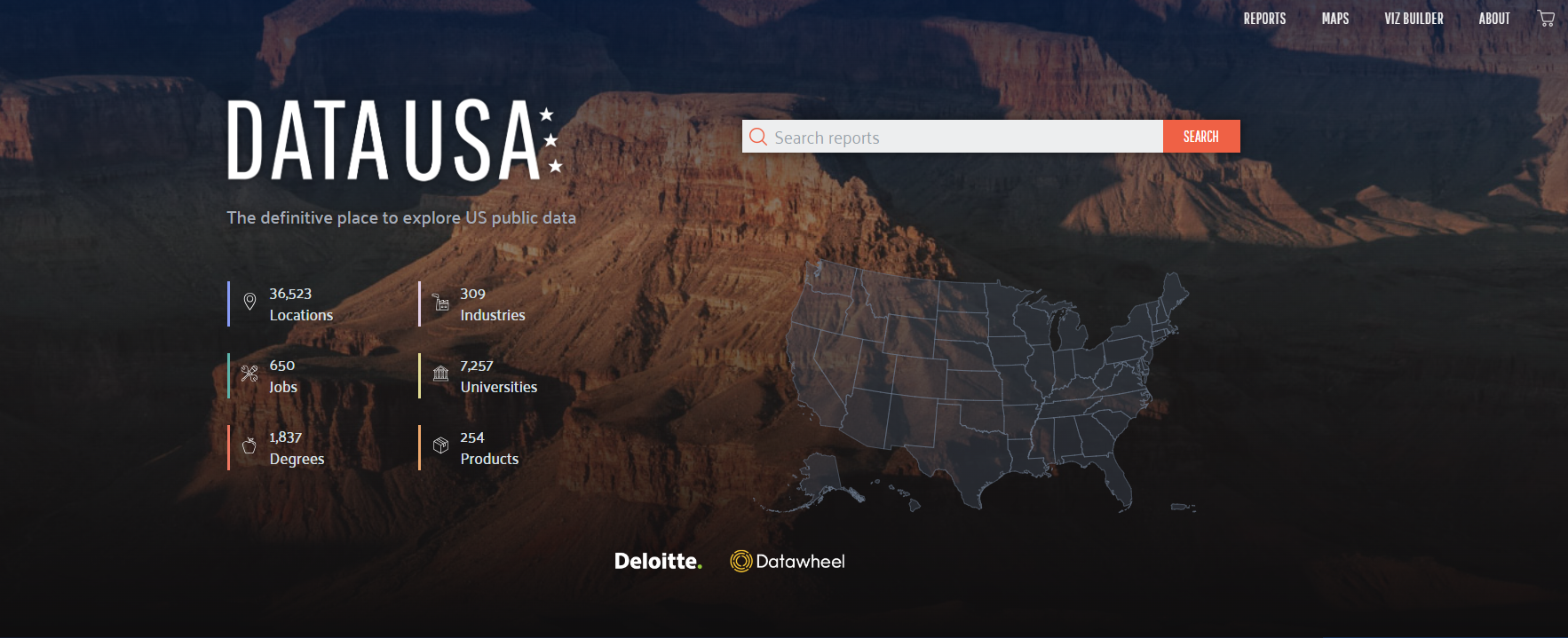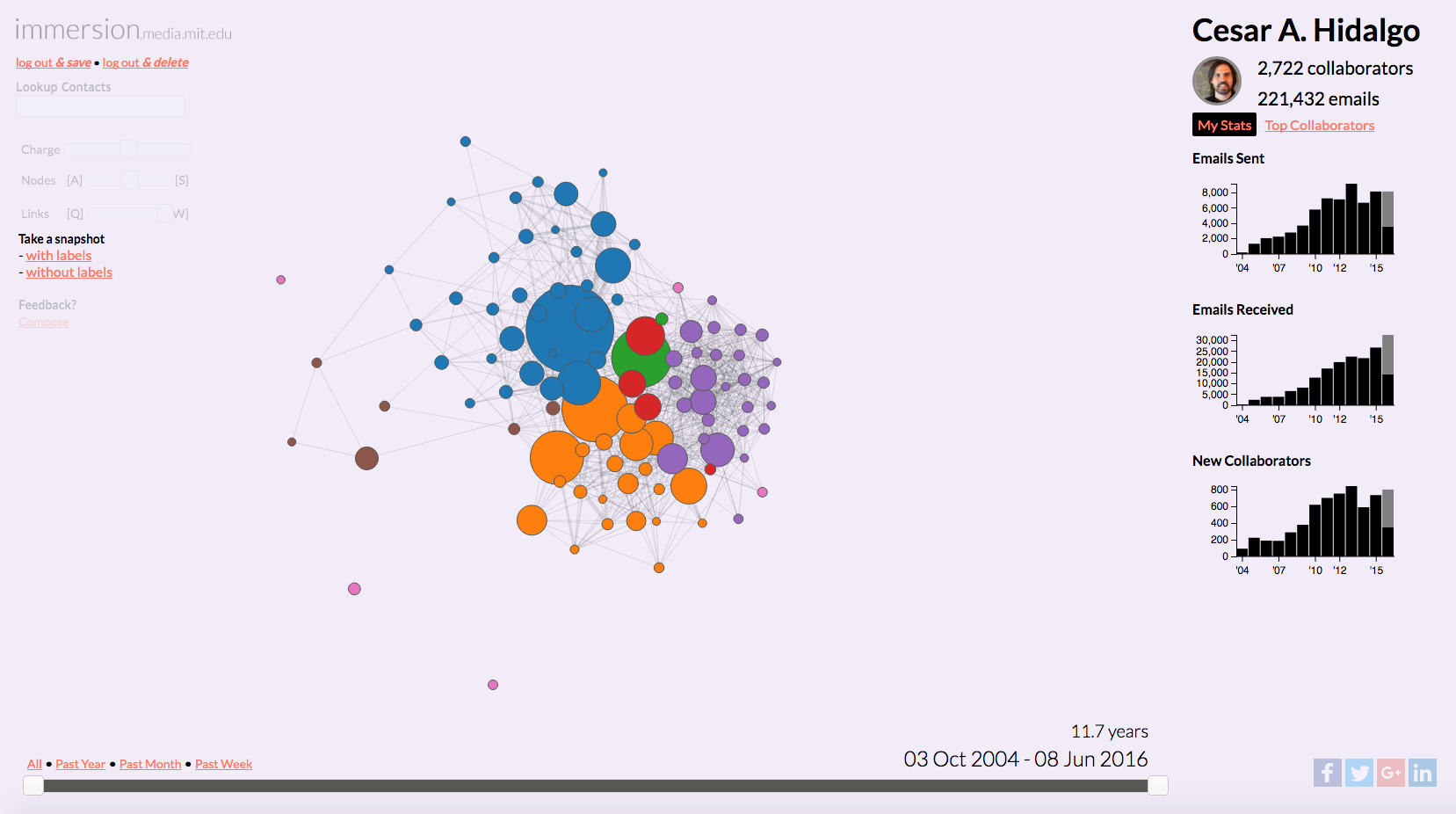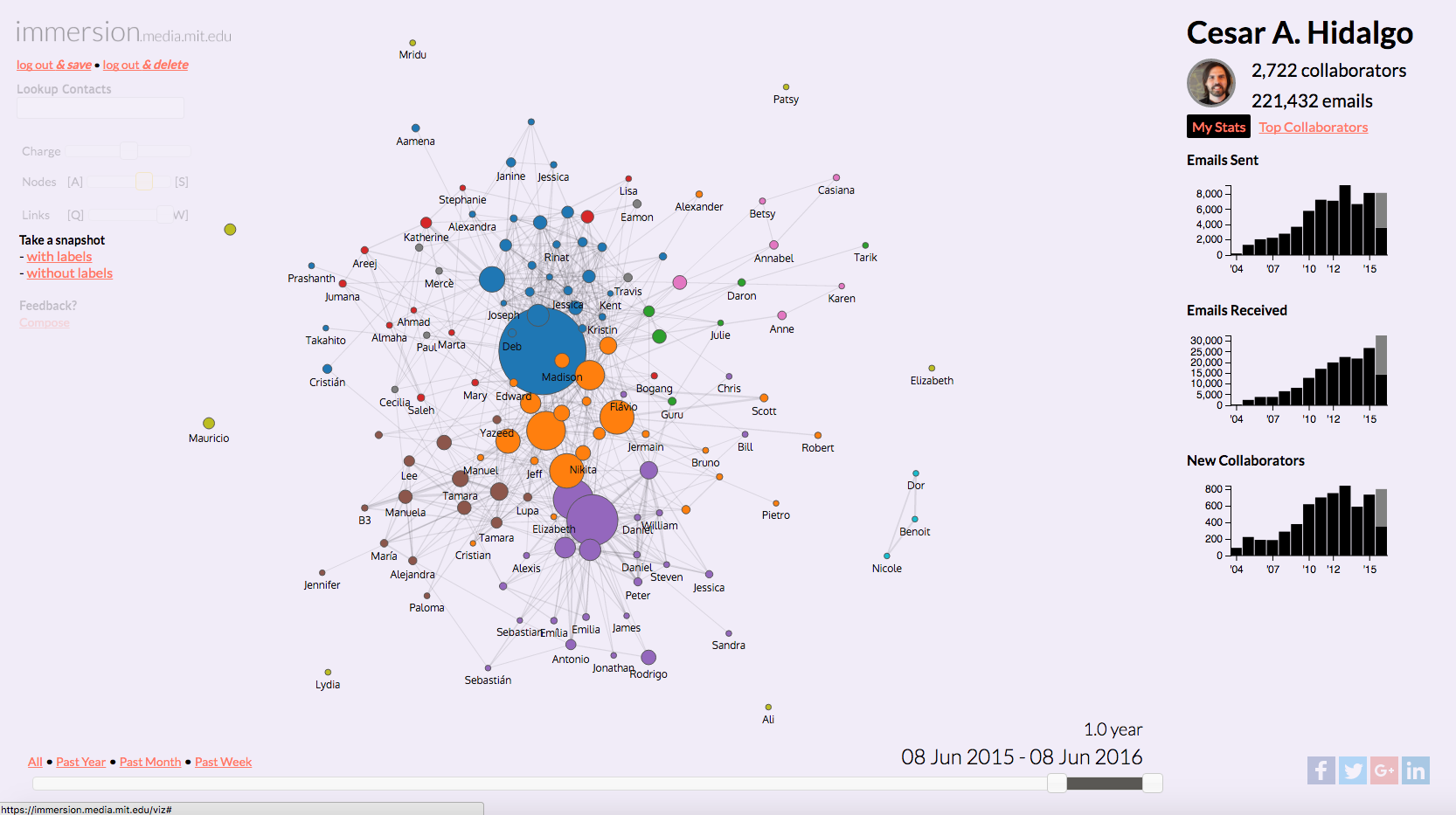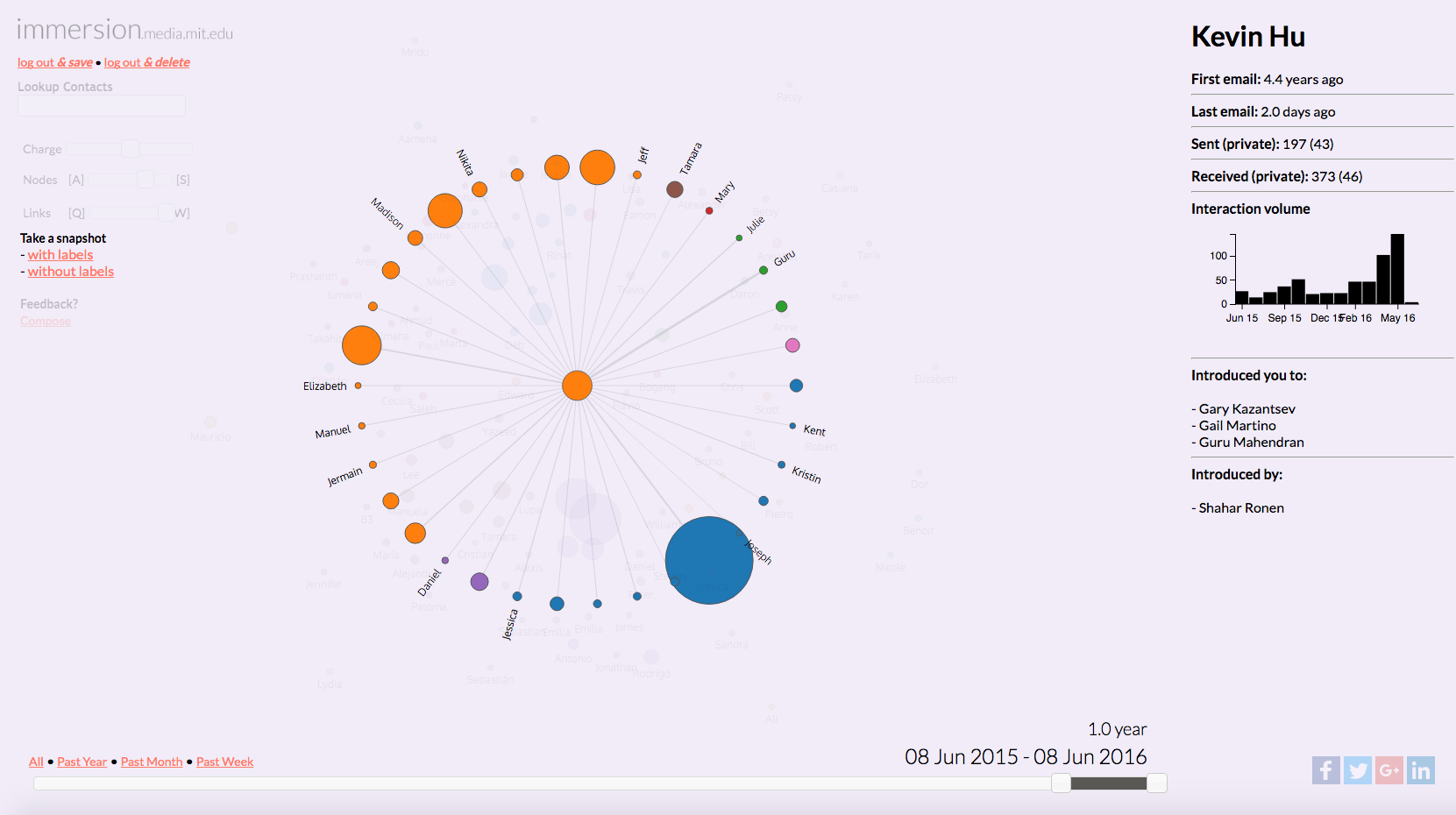Research Projects
The Center for Collective Learning is a multidisciplinary research laboratory focused on understanding the growth, accumulation, and value of socially embedded knowledge. For decades, our team has contributed to understanding patterns of economic diversification, growth, and development. We also have new areas of research focused on digital democracy and people’s perception of technology.
Economic Complexity
For decades, economics has relied on the use of statistics as its battle-horse for empirical analysis. Today, machine learning tools, from recommender systems to dimensionality reduction techniques, provide a new way to understand economic development.
Digital Democracy
Can digital technologies augment democracy?
At the Center for Collective Learning we design, test, and develop tools to support civic participation. Our team consists of talented engineers, lawyers, scientists, and designers, experienced in the design, testing, and development of digital tools.
Collective Memory
Collective memory is vital for our species: it shapes our identity, fosters social cohesion, and provides a sense of belonging. It allows us to learn from our past experiences, enabling informed decision-making and can even stops us from repeating past mistakes.
City Science
Starting in 2010, our team has been working to understand how people perceive the urban environment and the implication of such perception.
In less than a decade, our contributions went from showing that urban perception could be quantified, to showing the impact of urban perception for urban activity and physical urban change. Today, scholars in various academic communities continue to be inspired by these ideas and methods.
Teams & Organizations
Immersion (2013) reimagines the email interface by highlighting the relationships and networks behind messages rather than their arrival time. Created by Daniel Smilkov and Deepak Jagdish during their Media Arts and Sciences master’s program, it offers a people-focused view of digital communication. OpenTeams (2018) builds on this idea with an open-source platform that visualizes team dynamics using email metadata and validated personality and moral surveys.
Academic Impact
Rankless (2024) is an interactive platform designed to explore and highlight the unique contributions of thousands of universities worldwide. By moving beyond rankings, the project offers a fresh perspective on how universities influence each geography and topic, emphasizing diverse forms of impact and providing a richer understanding of academic influence.
Data Integration and Visualization
DIVE (2017) is a data integration and visualization engine that allows users to transform data into stories, by facilitating visualizations through recommendations, and providing an statistical tool including multivariate statistics. DIVE was created by Kevin Hu, as part of his Masters and PhD work at the Collective Learning group at the MIT Media Lab.











